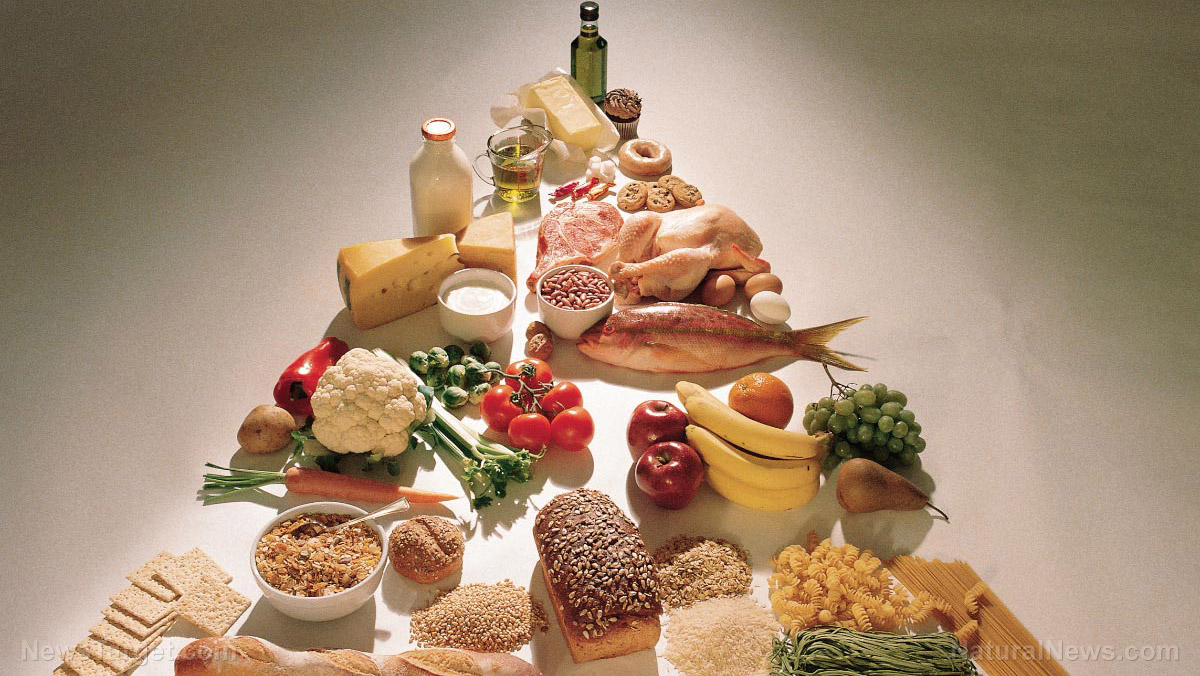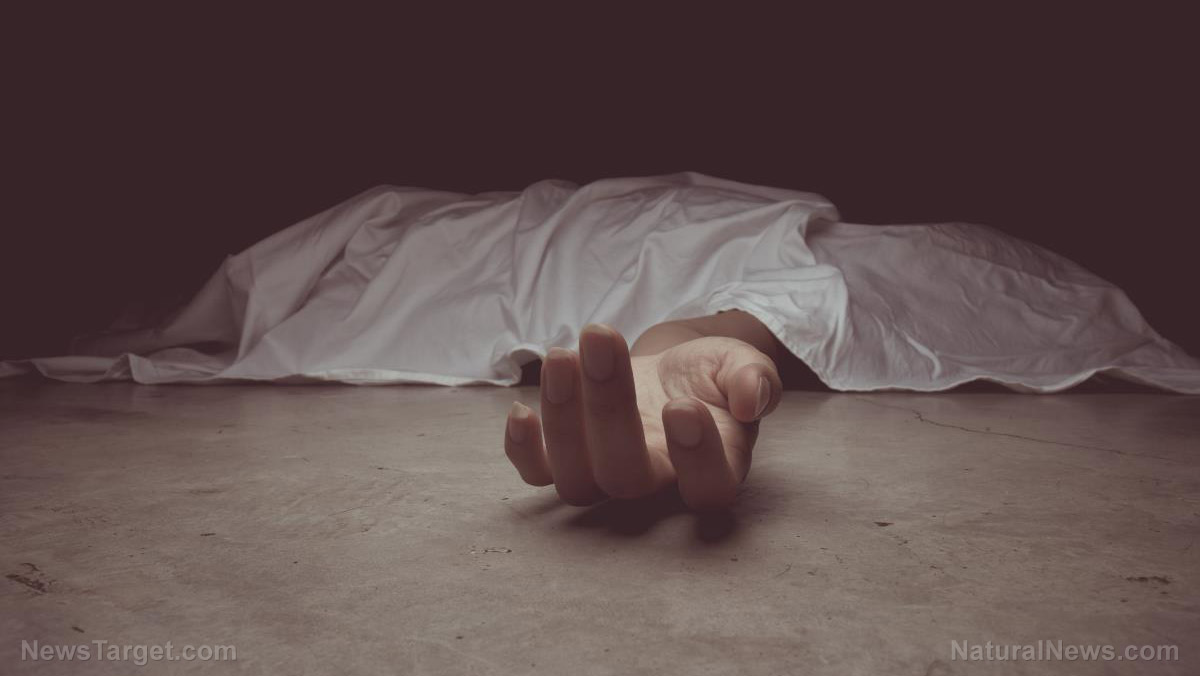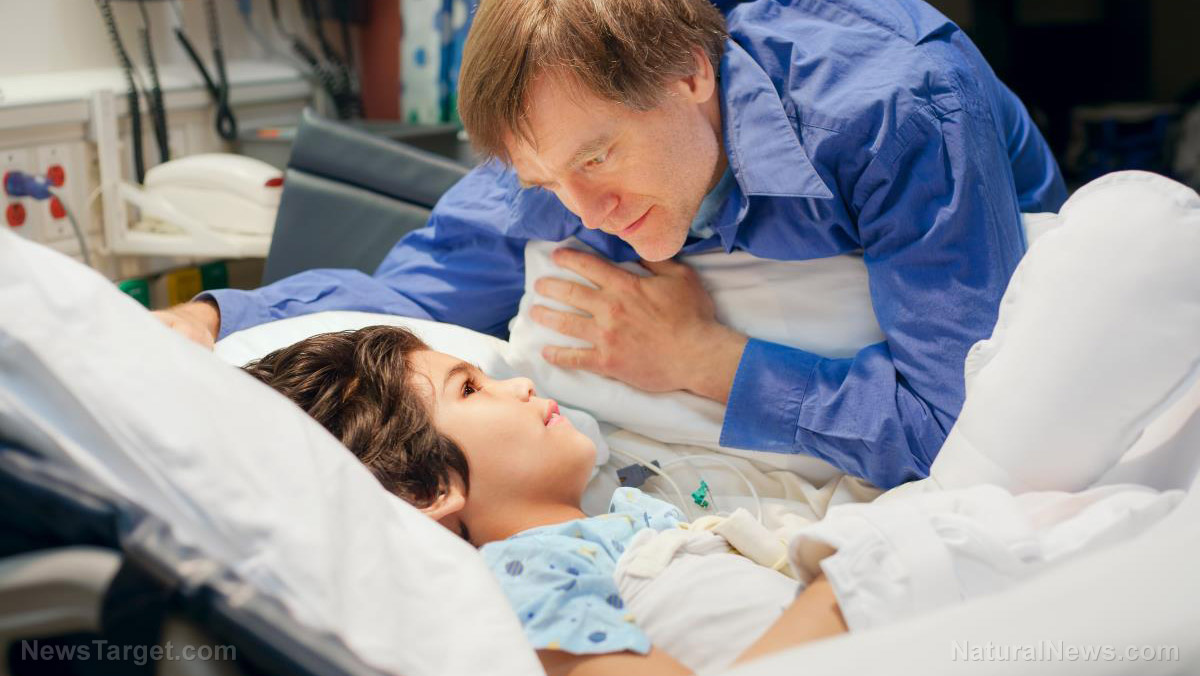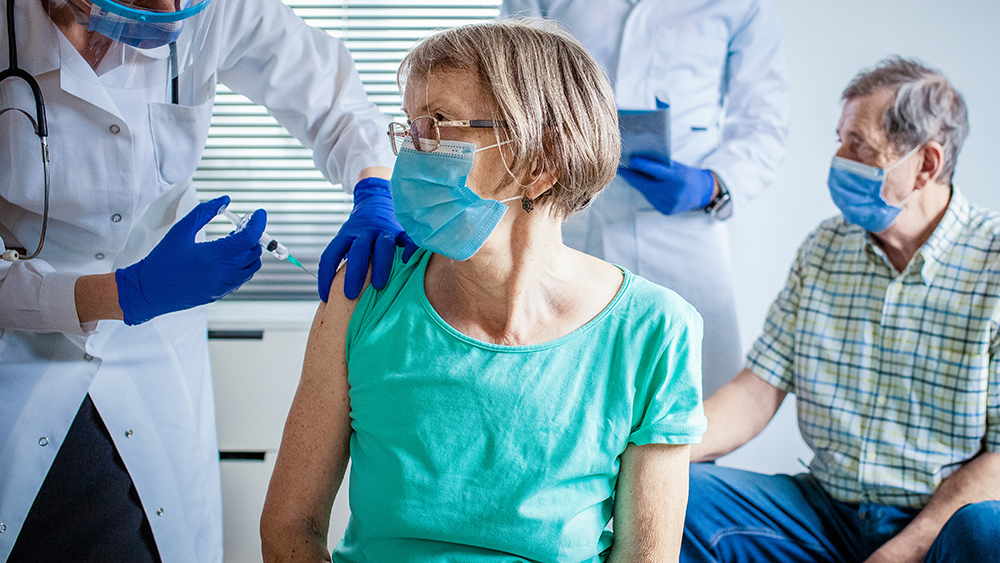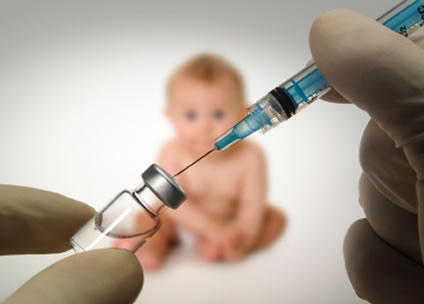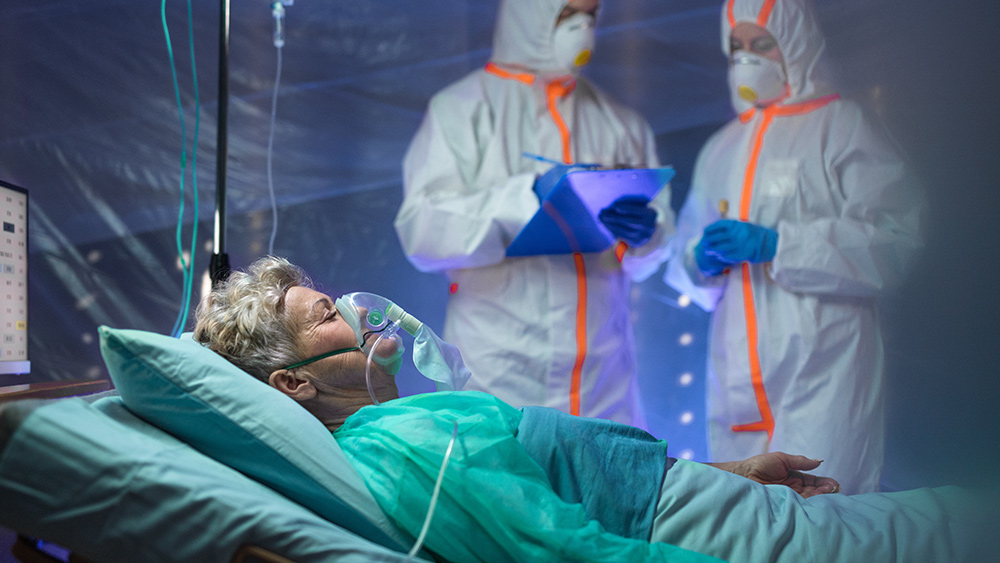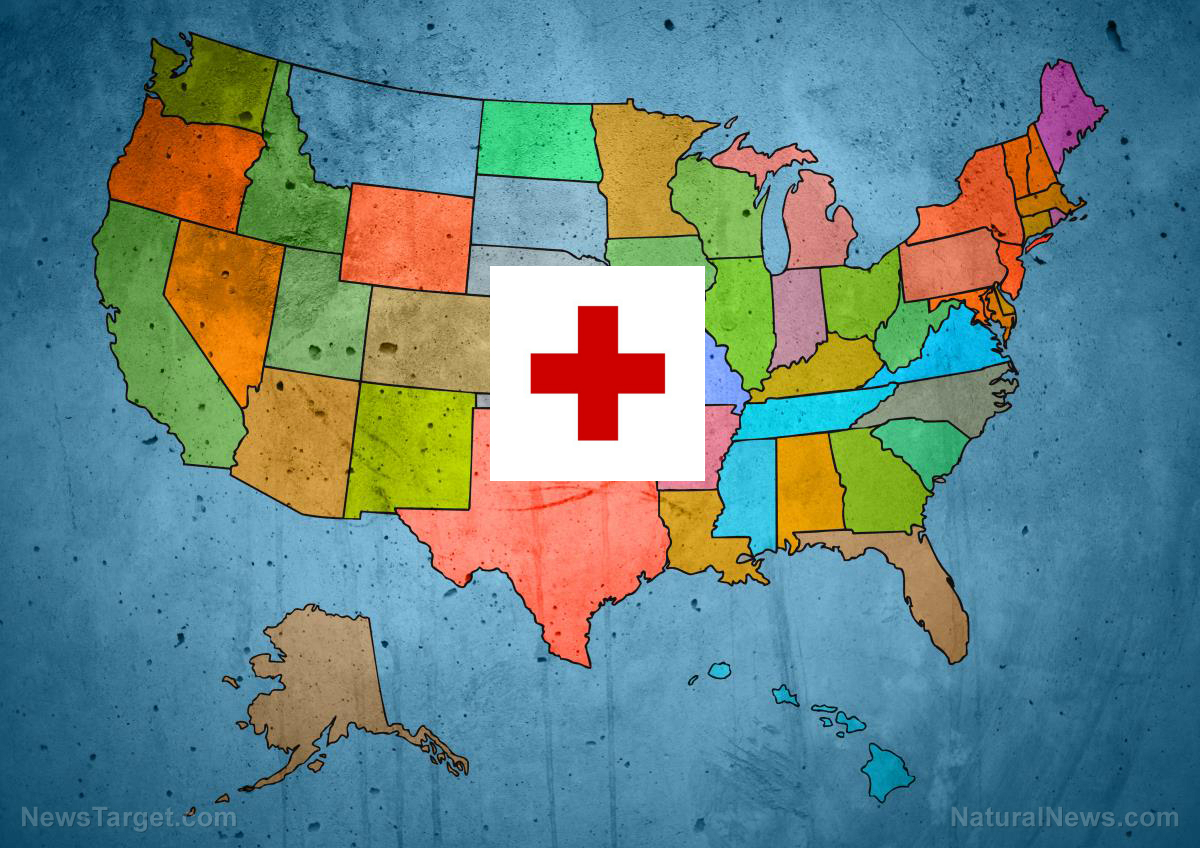Study reveals insufficient sleep linked to increase in unhealthy abdominal fat
03/30/2022 / By Zoey Sky

Not getting enough sleep can make you feel grumpy and tired the next day. But did you know that insufficient sleep can also cause an increase in belly fat?
According to a study published in the Journal of the American College of Cardiology, insufficient sleep and free access to food increase calorie consumption and fat accumulation, particularly unhealthy fat in the belly. The study was funded by the National Heart, Lung and Blood Institute.
Results from a randomized controlled crossover study led by Naima Covassin, a cardiovascular medicine researcher at Mayo Clinic, revealed that not getting enough sleep resulted in a nine percent increase in total abdominal fat and an 11 percent increase in abdominal visceral fat.
Visceral fat and insufficient sleep
Visceral fat is deposited deep inside the abdomen and around internal organs like your intestines, liver and stomach. It can also build up in the arteries.
While not all kinds of body fat are bad, visceral fat is sometimes called “active fat” because it can actively increase your risk of developing serious health problems, such as:
- Alzheimer’s disease
- Breast cancer
- Colorectal cancer
- Heart attack and heart disease
- Stroke
- Type 2 diabetes
Not getting enough sleep at night is usually a behavior choice, and this choice has become more common through the years. Over one-third of adults in America usually don’t get enough sleep. Insufficient sleep is common among people who have irregular work shift, and it is often caused by the use of smart devices and social media during sleep hours.

Additionally, people tend to eat more during longer waking hours without increasing their exercise routine. (Related: On sleep and binge-eating: Sleep-related eating disorder (SRED) associated with obesity, explain health experts.)
According to Dr. Virend Somers, the Alice Sheets Marriott professor of Cardiovascular Medicine and principal investigator of the study, the study results revealed that insufficient sleep can cause an increase in calorie intake, weight and a significant increase in fat accumulation inside the belly even in “young, healthy and relatively lean subjects.”
Somers explained that normally, fat is deposited subcutaneously or under the skin. But not getting enough sleep seems to redirect fat to the more dangerous visceral compartment.
And while there was a decrease in calorie intake and weight during recovery sleep, visceral fat continued to increase. This indicates that insufficient sleep is a previously unrecognized trigger for visceral fat deposition and that short-term catch-up sleep doesn’t effectively reverse visceral fat accumulation.
Somers added that in the long term, these findings suggest that insufficient sleep could be a contributor to the epidemics of obesity, cardiovascular and metabolic diseases.
Sleep habits and dietary habits
For the study, the researchers observed 12 healthy people who were not obese. The volunteers spent two 21-day sessions in the inpatient setting and were randomly assigned to the control (normal sleep) group or restricted sleep group during one session and the opposite during the next session following a three-month washout period.
Both groups had access to free choice of food throughout the study. The scientists monitored and measured the body composition, body weight, energy intake, energy expenditure, fat distribution (including visceral fat) and circulating appetite biomarkers of all participants.
The first four days were an acclimation period for the volunteers. During this time, they were allowed to sleep in bed for nine hours.
For the following two weeks, the restricted sleep group was only allowed four hours of sleep and the control group got nine hours. This was then followed by three days and nights of recovery with nine hours in bed for both groups.
The volunteers consumed more than 300 extra calories per day during sleep restriction. They consumed approximately 13 percent more protein and 17 percent more fat, compared to the acclimation stage.
That increase in consumption was highest in the early days of sleep deprivation, but calorie consumption eventually tapered off to starting levels during the recovery period. Researchers found that their energy expenditure stayed mostly the same throughout the study.
Covassin said that visceral fat accumulation was only detected by a CT scan and would otherwise have been missed because the volunteers experienced minimal weight gain of only about a pound or so.
Relying on weight measurements alone would be “falsely reassuring” in terms of the health consequences of inadequate sleep, explained Covassin. She also warned against the “potential effects of repeated periods of inadequate sleep in terms of progressive and cumulative increases in visceral fat over several years.”
Somers advised that behavioral interventions like increased exercise and better food choices should be considered for those who cannot easily avoid sleep disruption, such as shift workers.
Continued study can help figure out how these findings in healthy young people relate to people at higher risk, especially individuals who are already obese or have metabolic syndrome or diabetes, concluded the researchers.
Develop healthy sleep patterns by going to sleep and waking up at the same time every day. Exercise regularly, but don’t work out at least three to four hours before bedtime.
Keep your bedroom dark, cool and quiet. Put your phone away and do something relaxing like listening to music so you can fall asleep faster.
Watch the video below to learn how sleep affects your overall health.
This video is from the CleanTV channel on Brighteon.com.
More related stories:
Improving sleep habits may be key to addressing poor gut health.
How sleep deprivation ruins your mental health.
How sleep deprivation affects your physical and mental health.
Sources include:
Submit a correction >>
Tagged Under:
abdominal fat, eating habits, health science, insufficient sleep, men's health, metabolic health, mind body science, obesity, research, shortened sleep, sleep, sleep disorder, visceral fat, weight gain, women's health
This article may contain statements that reflect the opinion of the author







